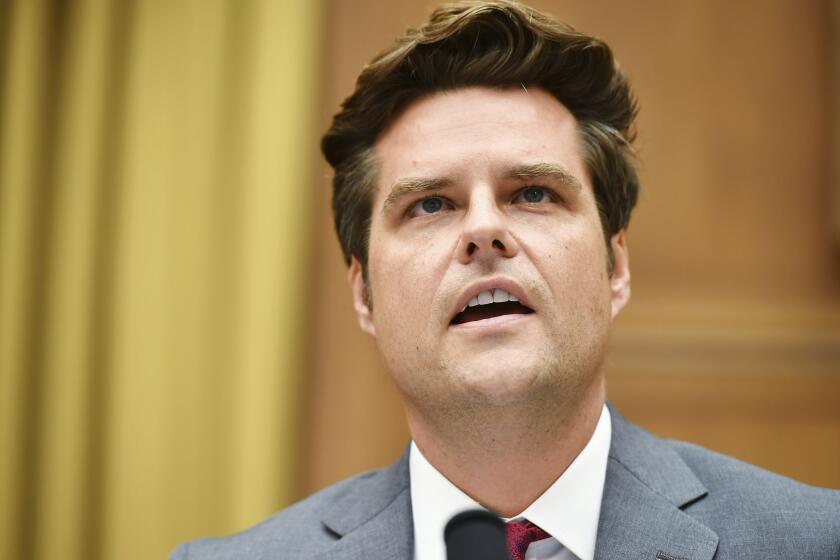As Donald Trump announces his Cabinet choices, a familiar strategy emerges, reminiscent of advice from his advisor Steve Bannon during his first term: “Flood the zone with s—.” This tactic aims to overwhelm the media, public, and political adversaries, making it difficult to process all the information and criticism, allowing some controversial selections to slip through the cracks. Trump’s early Cabinet picks, including former Reps. Matt Gaetz and Tulsi Gabbard, Fox News personality Pete Hegseth, and anti-vaccine advocate Robert F. Kennedy Jr., have drawn bipartisan concern. Each nominee has a controversial history that would typically disqualify them for such critical positions. This chaotic approach exemplifies how Trump is prioritizing loyalty and retribution within his selections rather than focusing on qualified candidates.
The alarm raised by these nominations should focus on Trump’s judgment and priorities. His choice of such appointees reflects a broader agenda centered on revenge against the institutions he believes conspired against him during his presidency. Rather than addressing key economic issues, which played a significant role in his electoral success, Trump’s focus appears to be on retribution against entities like the Justice Department and intelligence agencies. These bodies investigated his 2016 campaign’s ties to Russia, his attempts to overturn the 2020 election results, and even issues related to the COVID-19 pandemic. This pattern suggests that Trump is more interested in settling scores than in effective governance.
Critics have targeted Gaetz, revered in certain circles as a performer more than a legal scholar, as a potential attorney general who could politicize the Department of Justice. The Wall Street Journal’s editorial board described him as an agent for revenge. In addition to his controversial tenure in Congress, Gaetz himself has been under investigation for serious allegations, making his selection particularly alarming. By choosing Gaetz, Trump seems to prioritize an ally capable of aligning the DOJ with his interests, further blurring the lines between governance and personal vendettas.
Trump’s selection of Tulsi Gabbard for director of national intelligence is equally troubling. Gabbard has made headlines as a former Democrat turned pro-Trump figure, known for her oppositional views on U.S. foreign policy, particularly concerning aid to Ukraine. Her social media presence has included controversial statements that echo Russian disinformation narratives, which has garnered significant backlash from across the political spectrum. This choice reflects a willingness to ally with individuals whose views run counter to established U.S. foreign policy interests, raising concerns about the potential for compromised intelligence priorities.
On the defense front, Pete Hegseth, with limited military experience and a penchant for controversy, raises red flags regarding his suitability for the Pentagon. His involvement in incendiary media commentary, and opposition to women in the military, could lead to a military leadership that prioritizes loyalty to Trump over the ethical standards expected of the armed forces. Hegseth’s willingness to resort to extremes under Trump’s direction poses a serious threat to the integrity of military operations and civilian oversight.
Robert F. Kennedy Jr.’s nomination as secretary of Health and Human Services signals a troubling approach to public health policy. His long history of anti-vaccine advocacy would place him in a pivotal role overseeing critical institutions responsible for public safety during ongoing health crises. The potential for politicization of health agencies under his leadership raises alarms about the future of science-based public health initiatives in the United States. Collectively, these selections illustrate not just a polarized political landscape but a troubling trend toward governance motivated by personal grievances, undermining institutional integrity and accountability. Despite the high likelihood of facing resistance in the Senate, Trump’s defiance hints at a willingness to press forward with his agenda, further entrenching his retributive measures against anyone who stands in his way.

